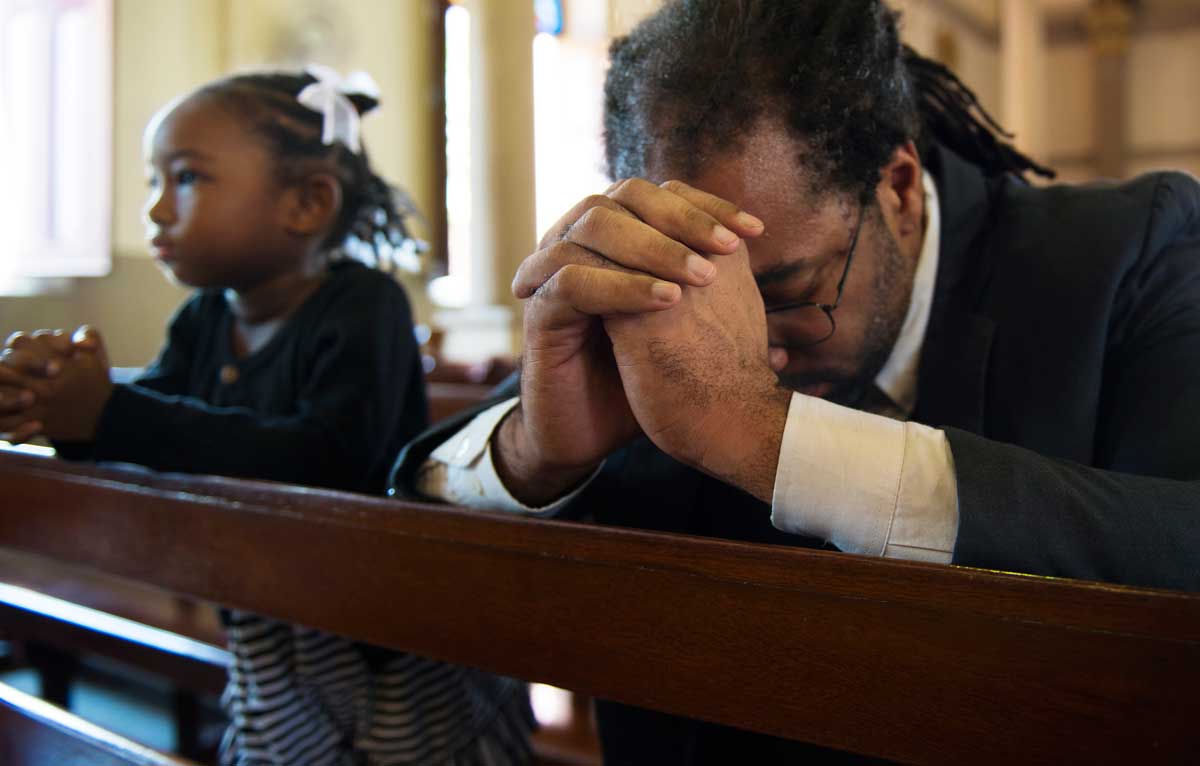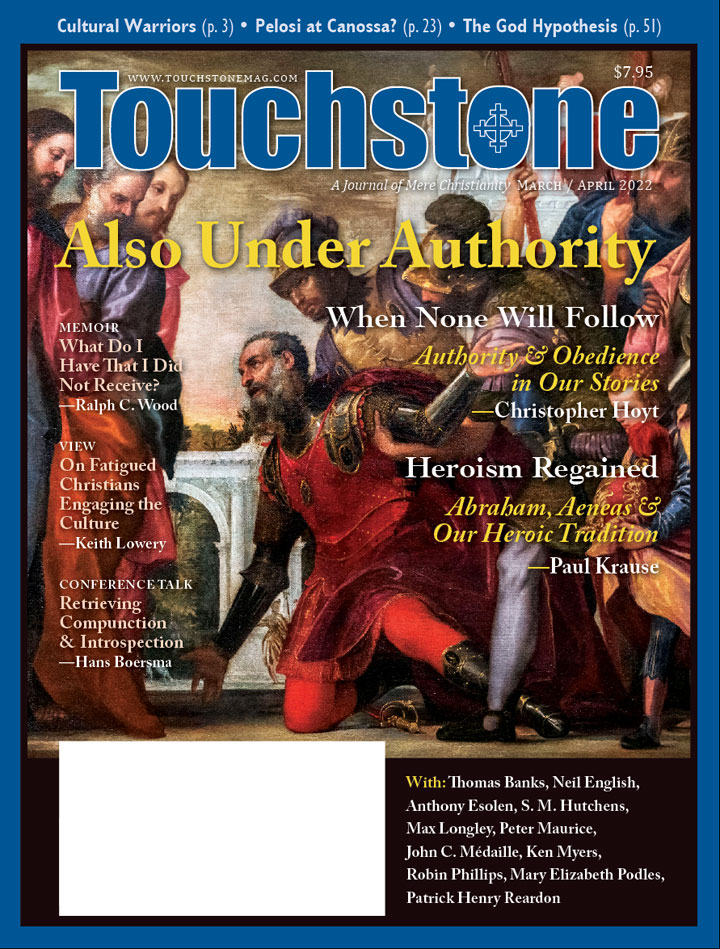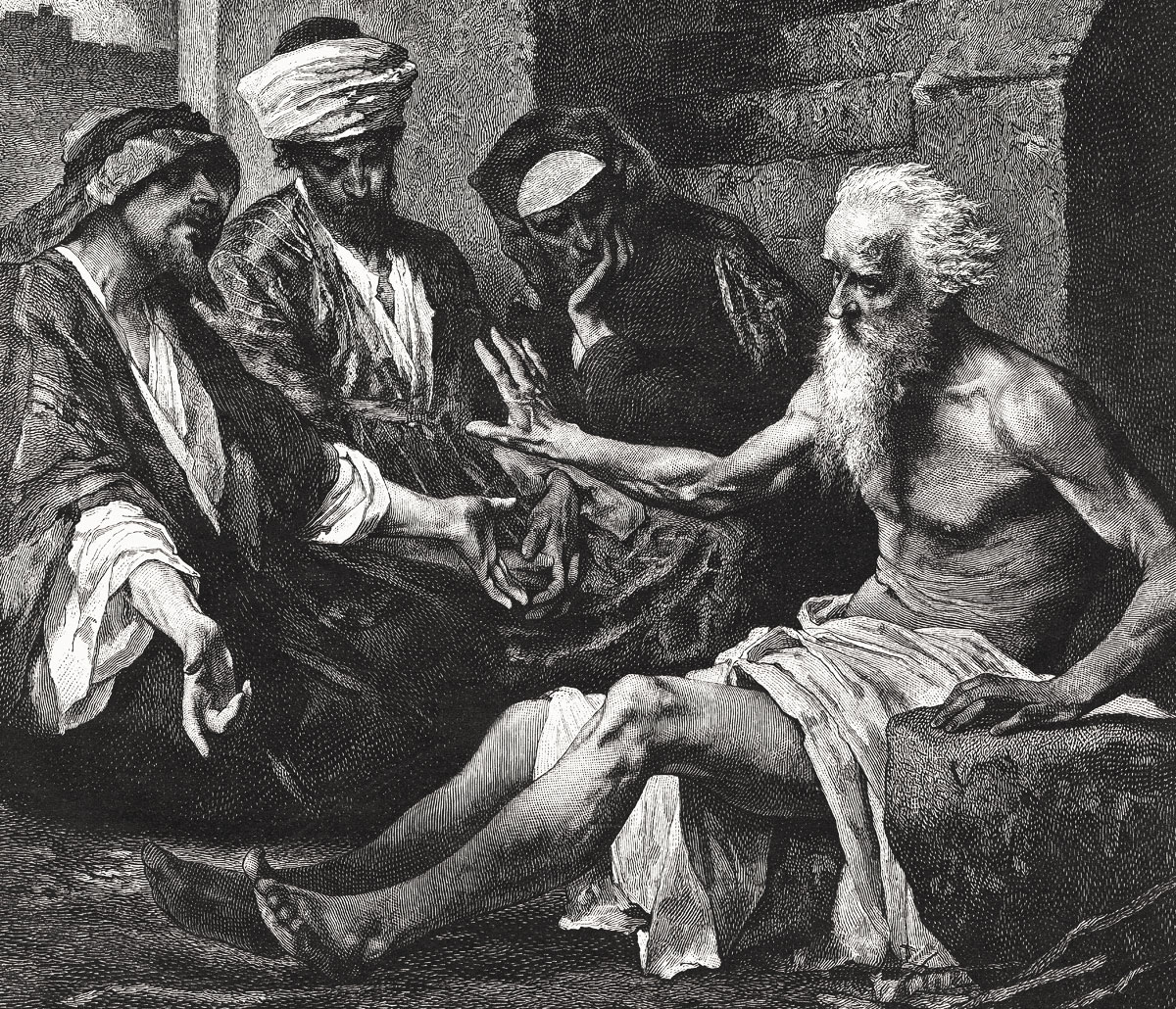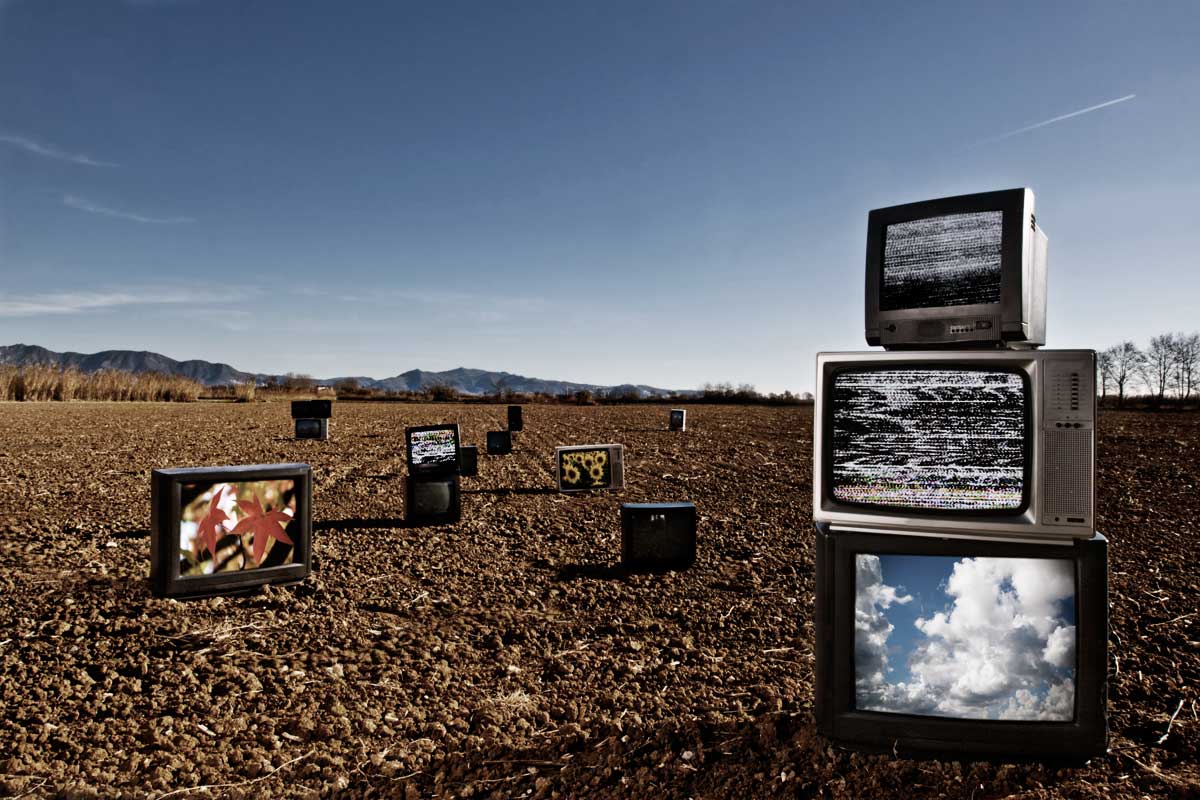What's the Use?
In Aldous Huxley's dystopian classic Brave New World, thereis a scene where "the Director" is giving students a tour of a nursery designed to produce ideal humans. At one point he pauses to clarify why hatred of flowers is being programmed into the lower classes. He explains that love of nature serves no practical purpose in the modern society: "Primroses and landscapes, he pointed out, have one grave defect: they are gratuitous. A love of nature keeps no factories busy. It was decided to abolish the love of nature, at any rate among the lower classes."
The word "gratuitous" is not a common term in modern vocabulary, and it tends only to be used in a pejorative sense, as when we say that a film has "gratuitous sex and violence." Yet the word comes from the Latin gratuitus, which means to give freely. Something is gratuitous if it is extra, gracious, and in abundance, beyond what is strictly necessary or useful.
The masterminds in Huxley's dystopia hated the love of nature precisely because of its gratuitousness—because it was inefficient in serving the machinery of the state. Although Brave New World is fictional, it offers extraordinary insight into the psychology behind real-world totalitarian regimes. A hallmark of twentieth-century experiments in utopia was the belief that man's aesthetic faculties should be channeled to useful ends, and that works of imagination and beauty should be tools serving political goals. This is one of the reasons Communist officials in the Soviet Union and Eastern Europe did not seek out only political dissenters to send to prison camps, but also artists and intellectuals.
THIS ARTICLE ONLY AVAILABLE TO SUBSCRIBERS.
FOR QUICK ACCESS:
Robin Phillips has a Master’s in Historical Theology from King’s College London and a Master’s in Library Science through the University of Oklahoma. He is the blog and media managing editor for the Fellowship of St. James and a regular contributor to Touchstone and Salvo. He has worked as a ghost-writer, in addition to writing for a variety of publications, including the Colson Center, World Magazine, and The Symbolic World. Phillips is the author of Gratitude in Life's Trenches (Ancient Faith, 2020), and Rediscovering the Goodness of Creation (Ancient Faith, 2023). He operates a blog at www.robinmarkphillips.com.
subscription options
Order
Print/Online Subscription

Get six issues (one year) of Touchstone PLUS full online access including pdf downloads for only $39.95. That's only $3.34 per month!
Order
Online Only
Subscription

Get a one-year full-access subscription to the Touchstone online archives for only $19.95. That's only $1.66 per month!
bulk subscriptions
Order Touchstone subscriptions in bulk and save $10 per sub! Each subscription includes 6 issues of Touchstone plus full online access to touchstonemag.com—including archives, videos, and pdf downloads of recent issues for only $29.95 each! Great for churches or study groups.
Transactions will be processed on a secure server.
more on culture from the online archives
more from the online archives

14.1—January/February 2001
The Christian Heart of Fatherhood
The Place of Marriage, Authority & Service in the Recovery of Fatherhood by John M. Haas
calling all readers
Please Donate
"There are magazines worth reading but few worth saving . . . Touchstone is just such a magazine."
—Alice von Hildebrand
"Here we do not concede one square millimeter of territory to falsehood, folly, contemporary sentimentality, or fashion. We speak the truth, and let God be our judge. . . . Touchstone is the one committedly Christian conservative journal."
—Anthony Esolen, Touchstone senior editor













